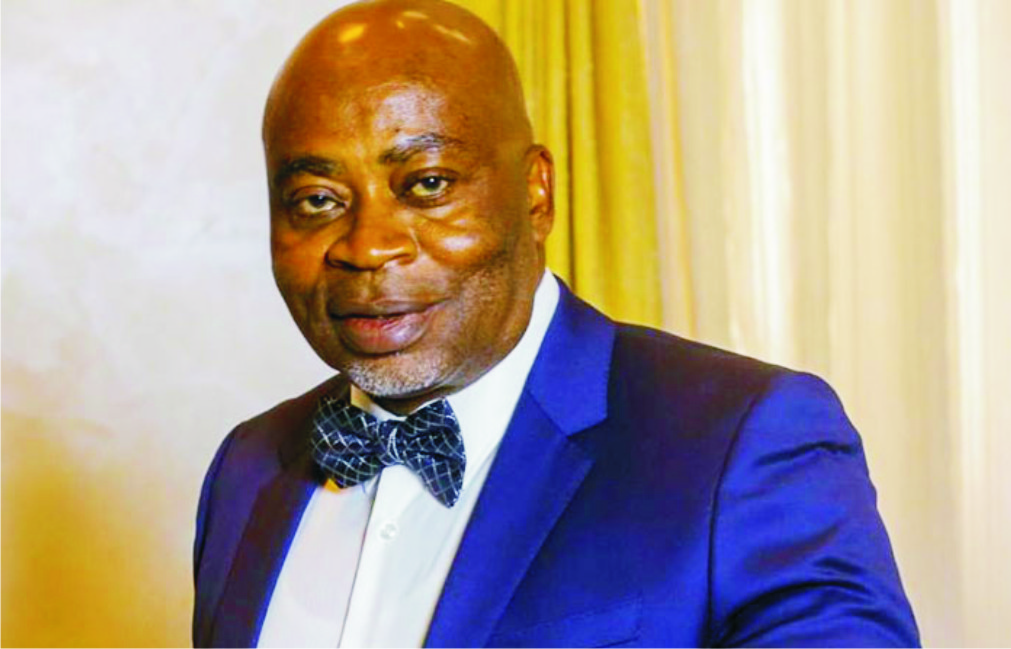News
Electricity Tariff: Nigerians Paying For Darkness -Deputy Minority Leader

The Deputy Minority of the House of Representatives, Hon Toby Okechukwu has raised the alarm on the recently announced increment in electricity tariffs.
Okechukwu while speaking to newsmen queried the basis for the increment which resulted in the Enugu zone being charged more than Lagos.
He said that the House through its Committee on Power will interrogate the increment.
According to the new increment released by Nigeria Electricity Regulation Commission (NERC), electricity consumers in Ikeja got an increment from N13.34 per kWh since under the 2015 MYTO when the last review was carried out to N21.80 per kWh, while consumers in Enugu, who used to pay about N17.42 per kWh will, under the new order, pay about N30.93 kWh.
The National Assembly is still on holiday.
The lawmaker said that tariff should commensurate with power supply, noting that Nigerians are paying for darkness.
“Nigerians are really hurting, cost is supposed to be based on certain parameters, and for the level of the increase, particularly in the Enugu distribution zone, is completely abnormal. It is almost the highest, that is in addition to other incoherent policies in the conduct of the company (Enugu Electricity Distribution Company).
“We will require NERC to interrogate the basis of the increase in terms of the operating cost, and the cost increase of the Enugu zone, as well as others. How can Lagos be cheaper than Enugu. NERC has not been able to interrogate the assumption.”
He further said that, “The Tariffs should come with power supply. Essentially, what we are witnessing is obvious darkness, especially those of us in the South-East, it has become an abysmal situation.
“The tariff increase should reflect reality, there is neither power supply, and the assessment of the cost is high, the operating cost as assumed is completely abnormal”
The lawmaker, who represents Aninri/Agwu/Oji-use Federal Constituency of Enugu State disclosed that the House will interrogate the situation to ensure that there is due diligence in the increment of tariffs.
He also accused the Enugu electricity company of refusing to connect communities to the national grid, despite individuals and communities buying electricity transformers.
“The House will intervene to ensure that there is due diligence, the basis of the increase will need to be interrogated.
“So, we will like to do some due diligence, and it is our legitimate responsibility as a parliament, particularly the committee on power. We will ask them to find out how they arrived at that cost so that Nigerians are not burdened unduly. There should be a correlation between the cost and what you get.
News
198 UNIBEN Students Bag First Class

News
Bayelsa Education Fund, British Council trains tra 1,000 teachers

News
RSG INAUGURATES ARMED FORCES REMEMBRANCE DAY COMMITTEE

The Rivers State Government has inaugurated a Central Planning Committee to organize the celebration of the 2026 Armed Forces Remembrance Day (AFRD) in the State.
The committee was formally inaugurated by the Secretary to the State Government, Dr. Benibo Anabraba in Port Harcourt, last Thursday.
Dr Anabraba who also serves as Chairman of the Committee
highlighted the State Government’s deep appreciation for the sacrifices of Nigeria’s fallen heroes who laid down their lives for the nation’s peace and unity.
“These heroes have given their lives for the security and peace of our nation and deserve to be celebrated. The Armed Forces Remembrance Day is an opportunity to show our gratitude for their sacrifice,” he said.
Dr. Anabraba further extended recognition to all Security Agencies in the State, emphasizing the importance of the event in appreciating their contributions to national security and sovereignty.
The annual Armed Forces Remembrance Day, observed on January 15 across the country is dedicated to remember Nigeria’s departed soldiers and honouring the nation’s veterans.
-

 News5 days ago
News5 days agoRSG Woos Investors As PHCCIMA Unveils Port Harcourt Int’l Trade Fair
-

 Sports3 days ago
Sports3 days agoBarca Impress On Return To Camp Nou
-

 Sports3 days ago
Sports3 days agoSunderland Fall At Fulham
-

 Sports3 days ago
Sports3 days agoBundesliga: Oliseh Stars As Bayern Rebound To Thrash Freiburg
-

 Sports3 days ago
Sports3 days agoForest Embarrass Liverpool At Anfield
-

 Niger Delta3 days ago
Niger Delta3 days agoTraditional Ruler Seeks End To Benin Artifacts Unauthorized Promotion
-

 Sports3 days ago
Sports3 days agoOgoni Nation Cup: Victory Against Amee Base Excites Coach
-

 Maritime3 days ago
Maritime3 days agoNSC Decries Police Interferences With Cargoes At Seaports

